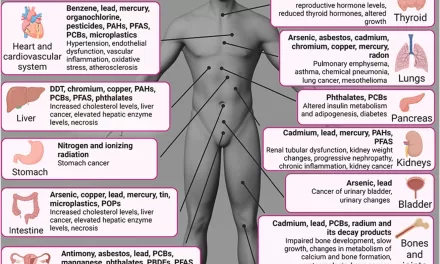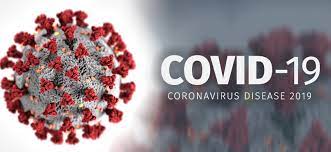
Research presented at the 2023 ESC Congress indicates that individuals who neglect to take daily aspirin following a heart attack face an elevated likelihood of experiencing subsequent myocardial infarctions, strokes, or mortality. Dr. Anna Meta Kristensen from Bispebjerg and Frederiksberg Hospital in Denmark, the study’s author, stated, “Our findings suggest that not taking aspirin as prescribed after a heart attack is linked to a higher risk of having another heart attack, a stroke or dying.” She further recommended that all heart attack survivors adhere to their aspirin regimen as per guidelines until randomized controlled trials provide new insights and clinical guidelines are updated.
Prompt administration of aspirin after a heart attack is crucial, as it diminishes the likelihood of subsequent heart attacks or strokes by impeding the formation of blood clots. However, due to recent advancements in treatment and diagnostic methods, the post-myocardial infarction prognosis has improved, altering the long-term impacts of aspirin. Aspirin curtails blood clotting, thereby augmenting the risk of bleeding. Over time post-heart attack, the equilibrium between cardiovascular benefits and bleeding hazards shifts.
This study scrutinized the risks associated with discontinuing prolonged aspirin use after a heart attack compared to the risks of sustained usage in the contemporary medical landscape. Utilizing data from comprehensive Danish health registries, the research incorporated individuals aged 40 and above who encountered their first heart attack between 2004 and 2017, received coronary stent treatment, and adhered to prescribed aspirin in the initial year following their heart attack. Exclusions encompassed patients on anticoagulants or those who experienced a stroke or recurring heart attack within the first year.
The study evaluated aspirin adherence at intervals of two, four, six, and eight years following the heart attack. In Denmark, the act of collecting a prescription for aspirin is meticulously recorded in registries, noting the quantity of tablets and the collection date. Adherence to aspirin was gauged at each of these four time points based on the percentage of days patients possessed their medication over the preceding two years. Patients who adhered to aspirin for 80% or less of this period were classified as non-adherent, indicating they were not following the prescribed regimen. Conversely, patients who maintained aspirin intake for more than 80% of the time were categorized as adherent, indicating they were following the prescription.
At each assessment point, patients were excluded from analysis if they had experienced another heart attack, stroke, or death, or if they had initiated anticoagulant or P2Y12 inhibitor treatment.
Dr. Kristensen clarified, “Our investigation focused on the impact of prolonged aspirin usage among patients who were not prescribed other medications for the prevention of heart attacks or strokes. Both anticoagulants and P2Y12 inhibitors are agents that, similar to aspirin, function to impede blood clot formation. Consequently, patients undergoing treatment with these agents were not considered in our study.”
The research comprised a total of 40,114 individuals who had encountered their first heart attack. Over successive time points, adherence to aspirin exhibited a gradual decrease: from 90% at two years following the heart attack, it reduced to 84% at four years, 82% at six years, and 81% at eight years.
The researchers conducted an analysis to determine whether patients who deviated from the prescribed aspirin regimen exhibited a greater risk of experiencing a composite outcome involving recurring heart attacks, strokes, or death compared to those who consistently followed the aspirin prescription. Numerous factors that could impact the results were considered, including age, gender, diabetes, hypertension, high cholesterol, kidney disease, cancer, stomach ulcers, prior bleeding events, and chronic obstructive pulmonary disease.
Across each evaluation period, patients who adhered to the aspirin regimen were less prone to encounter the composite outcome when compared to non-adherent patients. In comparison to adherent individuals, non-adherent patients demonstrated a higher likelihood of 29%, 40%, 31%, and 20% for experiencing recurring heart attacks, strokes, or death at two, four, six, and eight years after the heart attack, respectively.
Dr. Kristensen cautioned, “While our findings demonstrate an association, they do not establish a causal relationship. The registry-based nature of our study means that we lack specific information regarding the reasons behind patients’ non-compliance with aspirin. Moreover, our results are not universally applicable to all heart attack patients; our study was specifically centered on those treated with coronary stents and not concurrently using other medications to prevent blood clot formation. Bearing these considerations in mind, our findings do reinforce the existing guidelines that recommend prolonged aspirin use following a heart attack.”











